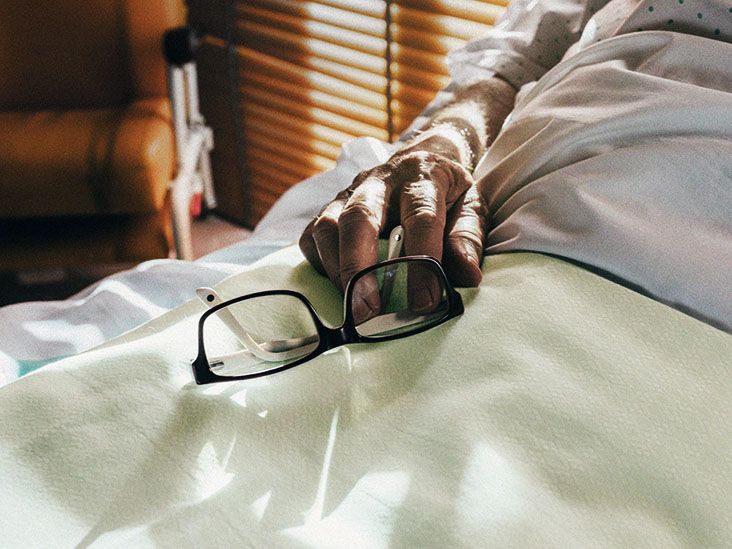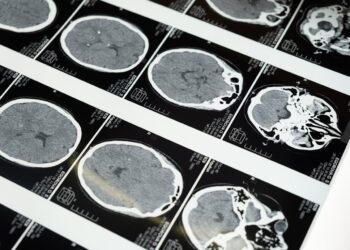- There is currently no cure for cirrhosis of the liver and the disease can increase the risk for complications.
- A new study reports around 10% of older U.S. veterans diagnosed with dementia have misdiagnosed hepatic encephalopathy, a complication of liver disease.
- Cognitive decline due to hepatic encephalopathy is treatable and potentially reversible.
- Scientists believe their findings highlight the importance of screening patients with cognitive impairment for liver disease.
As of 2017, about
Researchers estimate that liver diseases including cirrhosis account for 4% of all deaths globally.
There is currently no cure for cirrhosis. As the disease progresses, it can increase a person’s risk for certain complications including:
- blood clotting issues
- ascites — build-up of fluid in the abdomen
- edema — swelling in the legs
- high blood pressure in veins that carry blood to and from the liver
- hepatic encephalopathy — a build-up of toxins in the brain that can cause a decline in brain function
Now researchers from Virginia Commonwealth University report that as many as 10% of older U.S. veterans diagnosed with dementia instead have misdiagnosed hepatic encephalopathy, which is treatable and potentially reversible.
Scientists believe their findings — recently published in the journal
According to Dr. Jasmohan S. Bajaj, professor in the Division of Gastroenterology, Hepatology, and Nutrition in the Department of Medicine at Virginia Commonwealth University and Richmond VA Medical Center, and lead author of this study, people with cirrhosis often have a condition called hepatic encephalopathy which can impact almost 60% of those tested.
“This can cause subclinical and overt symptoms such as mental slowing, tremors, confusion, and even coma,” Dr. Bajaj explained to Medical News…
Read the full article here







